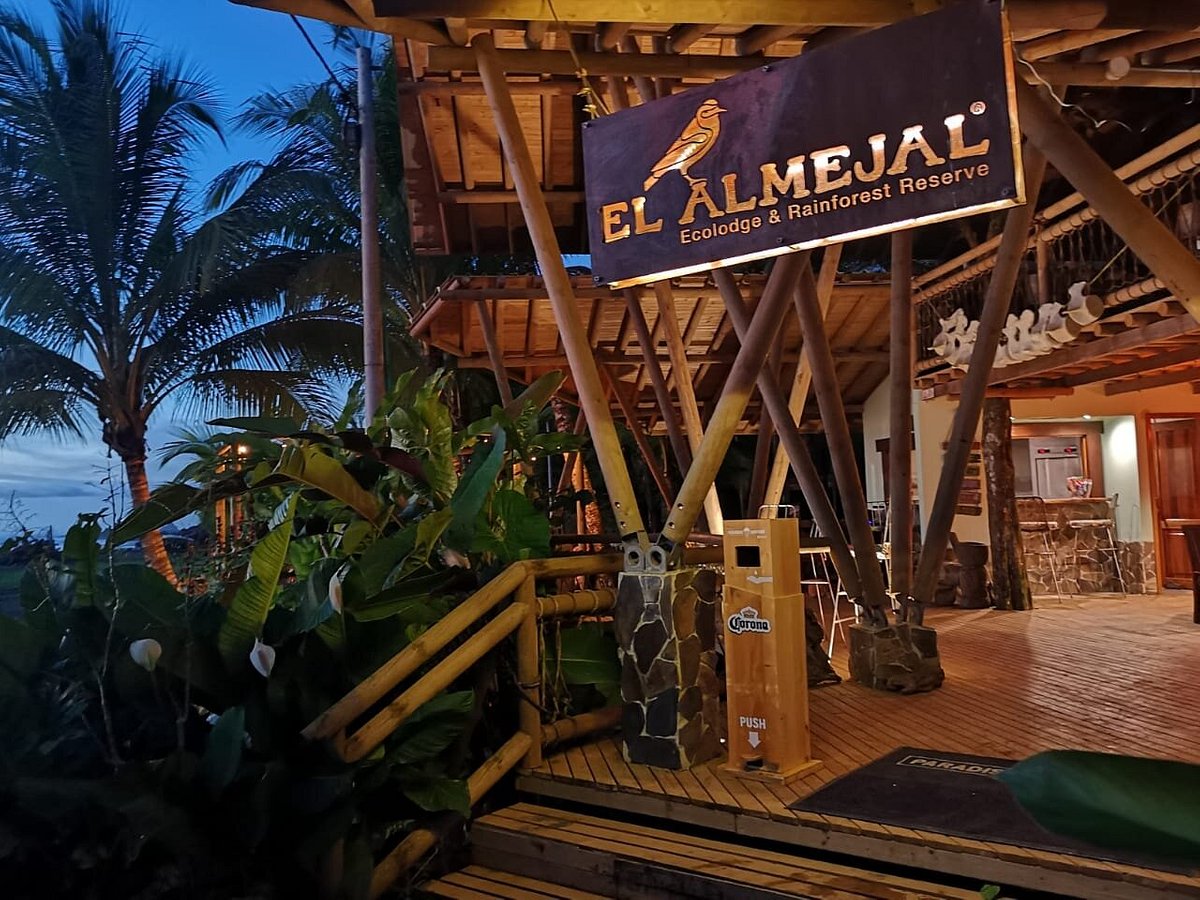Huelva
WELCOME TO Huelva
Province Overview
Huelva
10,148 km2
519,600
Spanish
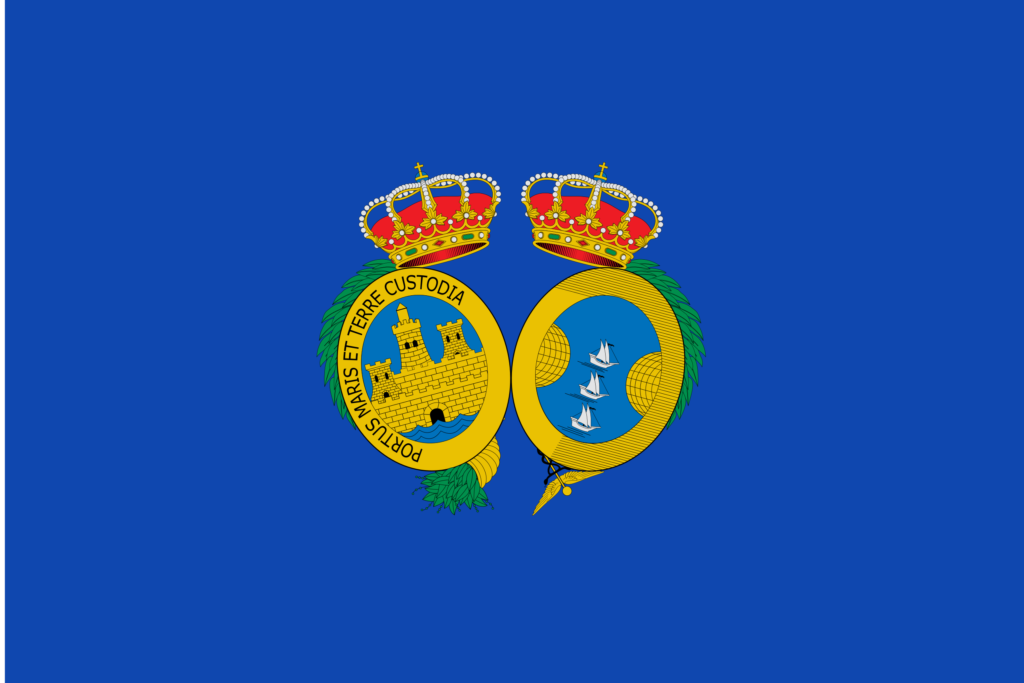
Popular
Geography and Tourist Attractions
Information about the province's tourist attractions, including popular destinations, events, and activities.
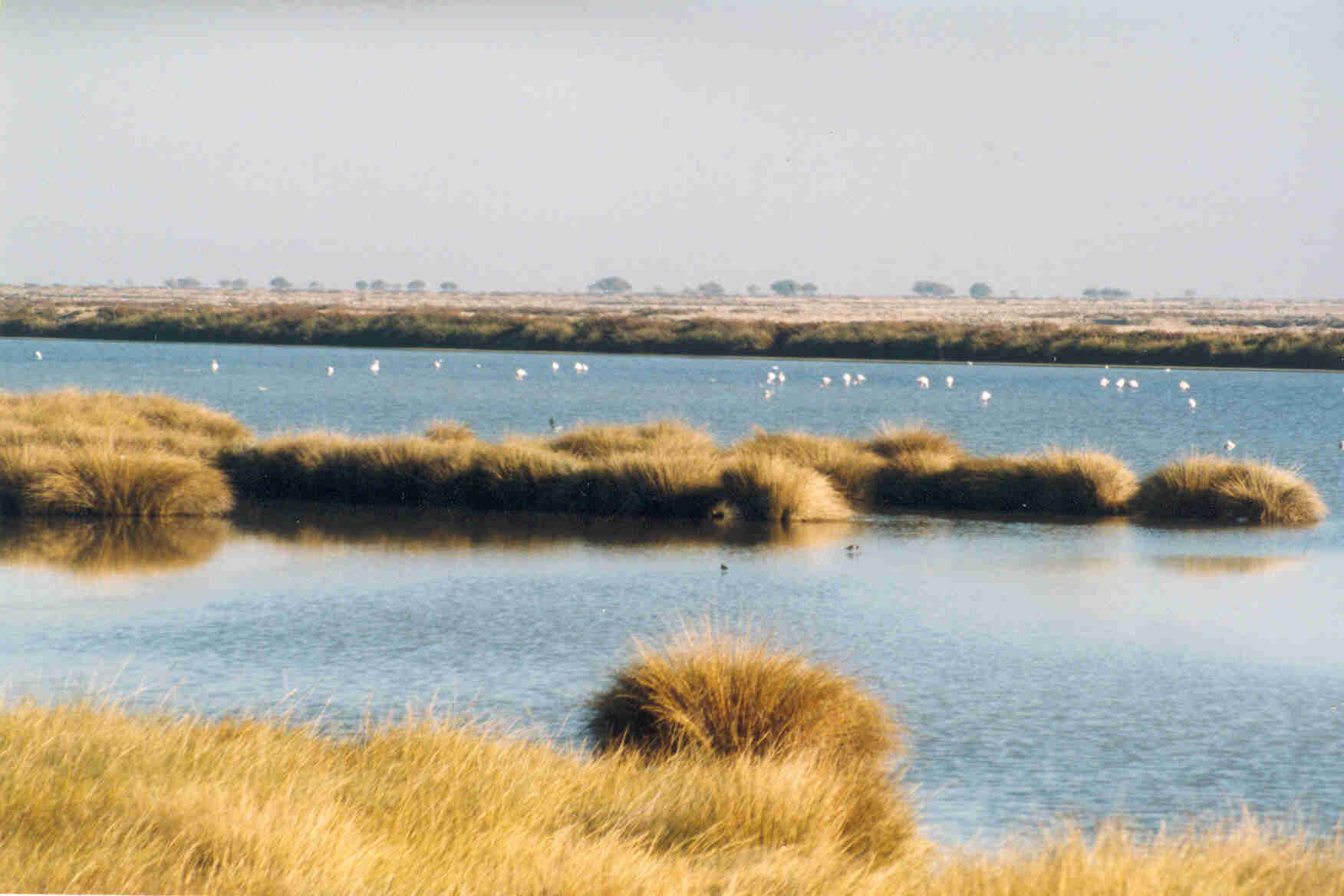
Doñana National Park
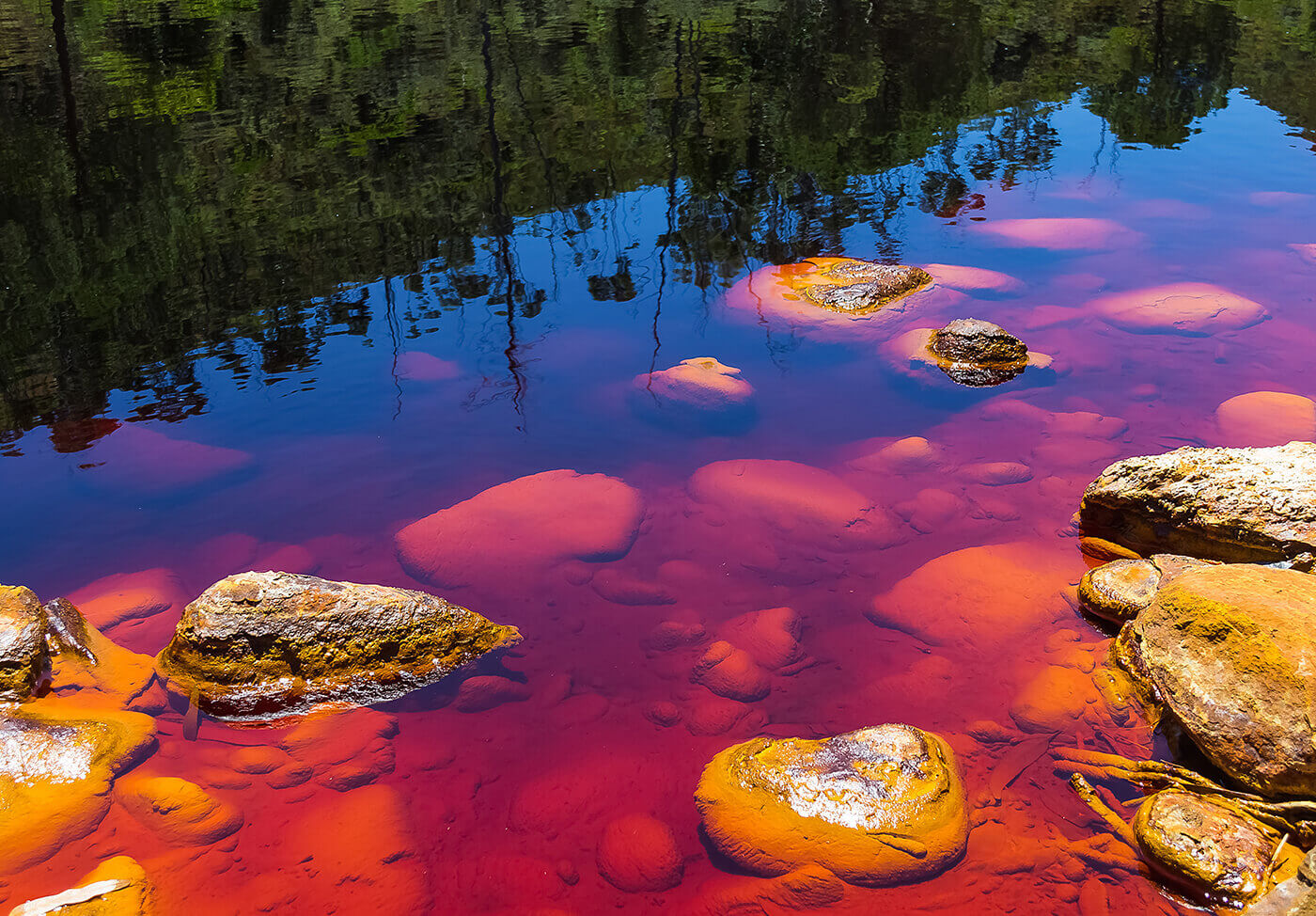
Rio Tinto
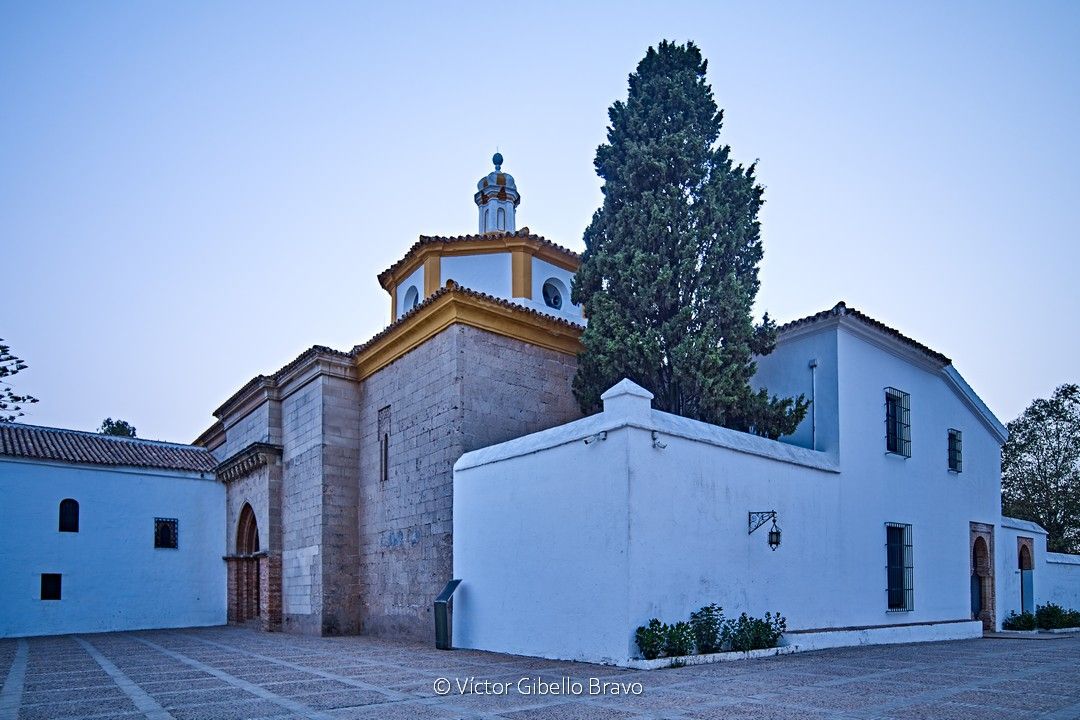
La Rábida Monastery
Political
Economy and Government
The region of Huelva has a diversified economy that relies on a variety of sectors, including agriculture, tourism, and industry. Agriculture is a key sector, with a focus on strawberry, citrus fruits, olive oil, and wine production. The region is also home to several important industrial sectors, including mining, chemical production, and energy generation. The port of Huelva is a key transportation hub for the region, connecting it to national and international markets.
The government of the region of Huelva is structured around the Andalusian government system, which is led by a President and governed by the Parliament of Andalusia. The region of Huelva is further divided into eight municipalities, each with its own elected mayor and local council. The government of the region is responsible for managing local services, promoting economic development, and implementing policies that support social and environmental well-being. The region also benefits from the presence of several universities and research institutions, which contribute to innovation and development in key sectors of the economy. Overall, the government and economy of the region of Huelva reflect a commitment to sustainability and growth that benefits its residents and visitors alike.

History
History and Culture
The region of Huelva has a rich and diverse history that dates back thousands of years. The area was inhabited by prehistoric cultures and later by Phoenician, Greek, and Roman settlers. It was also a key location during the era of the Moors, who established the city of Huelva as an important trading center. The region played a significant role in the discovery and colonization of the Americas, as it was from the nearby port of Palos de la Frontera that Christopher Columbus set sail on his historic voyage in 1492.
Today, the culture of the region of Huelva reflects its unique history and diverse influences. It is known for its traditional music, dance, and art, including flamenco and sevillanas. Local festivals and celebrations, such as the pilgrimage of El Rocío and the Carnival of Isla Cristina, are also important cultural events. The region is also home to several museums and cultural institutions, such as the Huelva Museum, which showcases the area's rich history and cultural heritage.
The cuisine of the region of Huelva is also an important aspect of its culture, with a focus on seafood, ham, and other local specialties. Wine production is also an important industry in the region, with several wineries and vineyards offering tours and tastings.
Overall, the history and culture of the region of Huelva are a testament to its vibrant and diverse community, and offer visitors a unique and enriching experience.
HOTELS
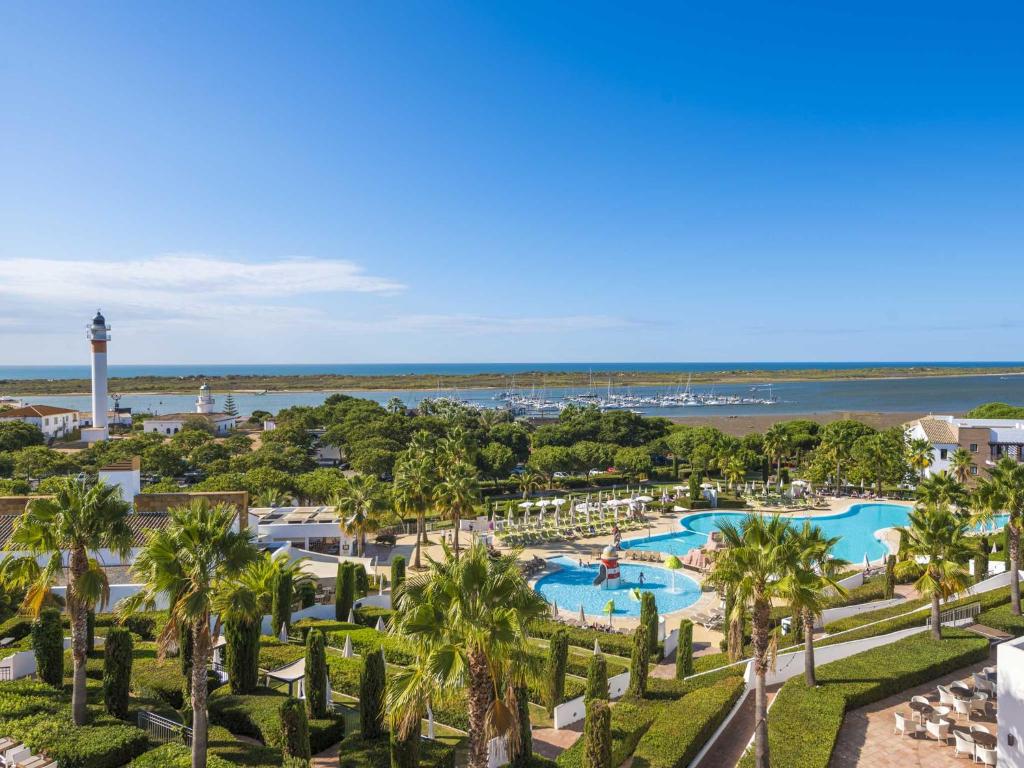
Hotel Fuerte El Rompido
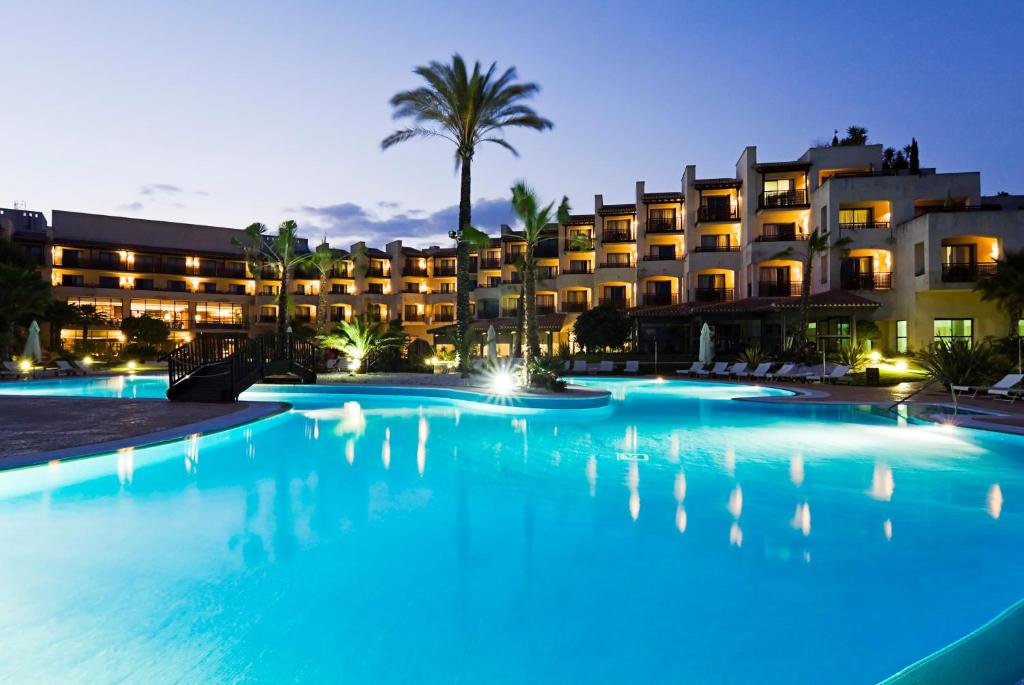
Precise Resort El Rompido

Parador de Mazagón
RESTAURANTS
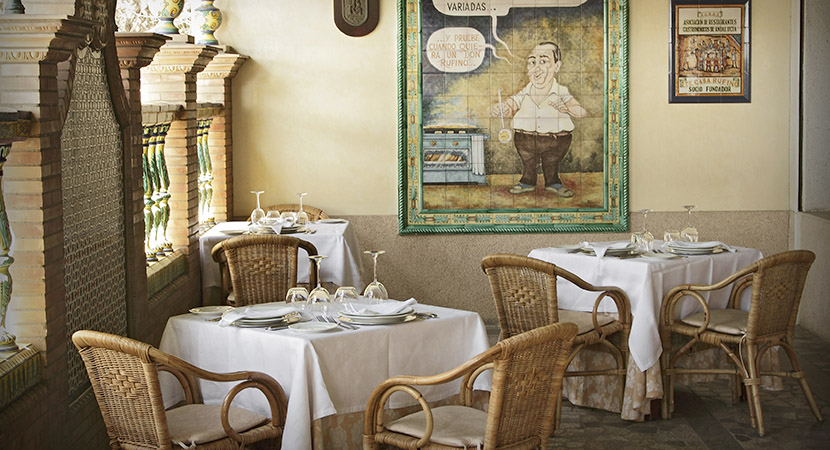
Casa Rufino
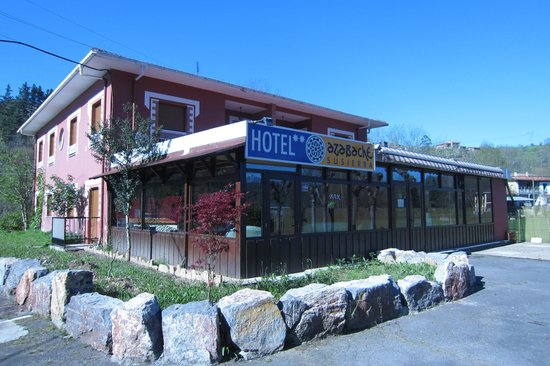
Azabache
